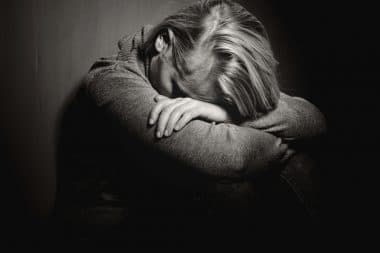Depression is commonplace among patients being treated for cancer. According to findings presents recently by Jason Domogauer, an M.D. and Ph.D. student at Rutgers University New Jersey Medical School, depression was found in four out of ten patients with cancer, with three out of four never being diagnosed or treated for depression at all.
Depression rates for cancer patients normally fluctuate between fifteen and twenty percent of patients. Interestingly, the findings presented by Domogauer show that women, patients who are disabled and patients that are treated in urban cancer centers have depression rather that are three times higher than their counterparts.
In terms of steps to take to combat this gap in treatment, Domogauer stated that depression screenings need to take place not only during initial visits but during continued patient visits. Furthermore, mental health providers need to be more involved in the treatment of cancer patients who have screened in for depression during these visits.
Even though these findings have yet to be published in a peer reviewed journal, the overall indication is that with greater communication between mental health workers, patients and their doctors, the depression rates for these patients can be mitigated and their overall outcome potentially improved.
Study shows that 40% of patients with cancer also experience symptoms of depression. #HealthStatus
Follow HealthStatus
Tweet Now
Key Points:
- 1According to the American Society for Radiation Oncology, the rate of depression among cancer patients is high and often goes undiagnosed.
- 2Cancer treatment centers and mental health providers need to collaborate in order to screen, diagnose, and treat cancer patients with depression.
- 3Females in urban areas who are unable to work due to cancer are at greater risk for depression.
See the original at: https://medlineplus.gov/news/fullstory_168609.html








Reply